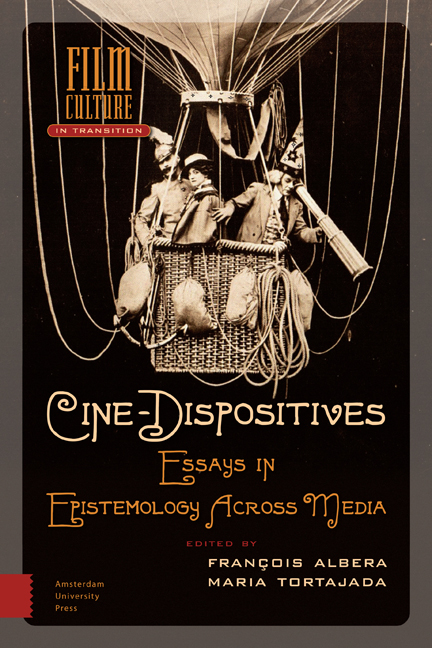Reality Television as Dispositive: The Case of French-Speaking Switzerland
Published online by Cambridge University Press: 10 February 2021
Summary
While scholars are sometimes confronted with the ignorance of their interlocutors about their field of research, anyone who has ambitions to work on “reality TV” is in exactly the opposite situation. The mere mention of the term conjures up an impression of self-evidence, as reality television does not immediately appear to be complex subject matter. Still, a simple look at the phenomenon already reveals a variety of objects. Starting from a study carried out on reality television in French-speaking Switzerland,1 this study questions how the term “reality television programming” has come to make sense within social exchange and examines the nature of this kind of generic category.
If reality television does indeed exist, it does so within discourses articulating a definition of it so that their enunciators may enact strategies of social and institutional positioning. I want to take a closer look at the conceptual tools available for the scholar to describe this kind of object, following an approach inspired by the model of the dispositive developed by François Albera and Maria Tortajada. I will then proceed to present the most important aspects brought out in the study, which make it necessary to rethink the hypothesis of a single definition and emphasize the specificities of reception in French-speaking Switzerland.
From Ontological Questions to the Model of the Dispositive
My point of departure consisted in identifying what the term “reality television” referred to in discourses published in the general Francophone Swiss press. I followed Dominique Boullier's approach, starting from the premise that the reception of a cultural product can be examined only through discourses produced on it. Beyond the pragmatic aspect of this initial stage in the research project, the particular status of discourses in reception processes should be assessed and integrated in a description of reality television that takes account of the very equivocal character of the referent. Indeed, while it often comes up in common conversation or the press, the term “reality TV” refers to many concrete realities as well as several uses and meanings related to the discursive situation of which it is a part.
Trying to understand what a reality television program entails thus involves paying attention to the program broadcast on terrestrial television networks, its Internet version – and even to satellite channels in some instances – while analyzing peculiarities in the reception modes involved in these mediums.
- Type
- Chapter
- Information
- Cine-DispositivesEssays in Epistemology Across Media, pp. 341 - 358Publisher: Amsterdam University PressPrint publication year: 2015

